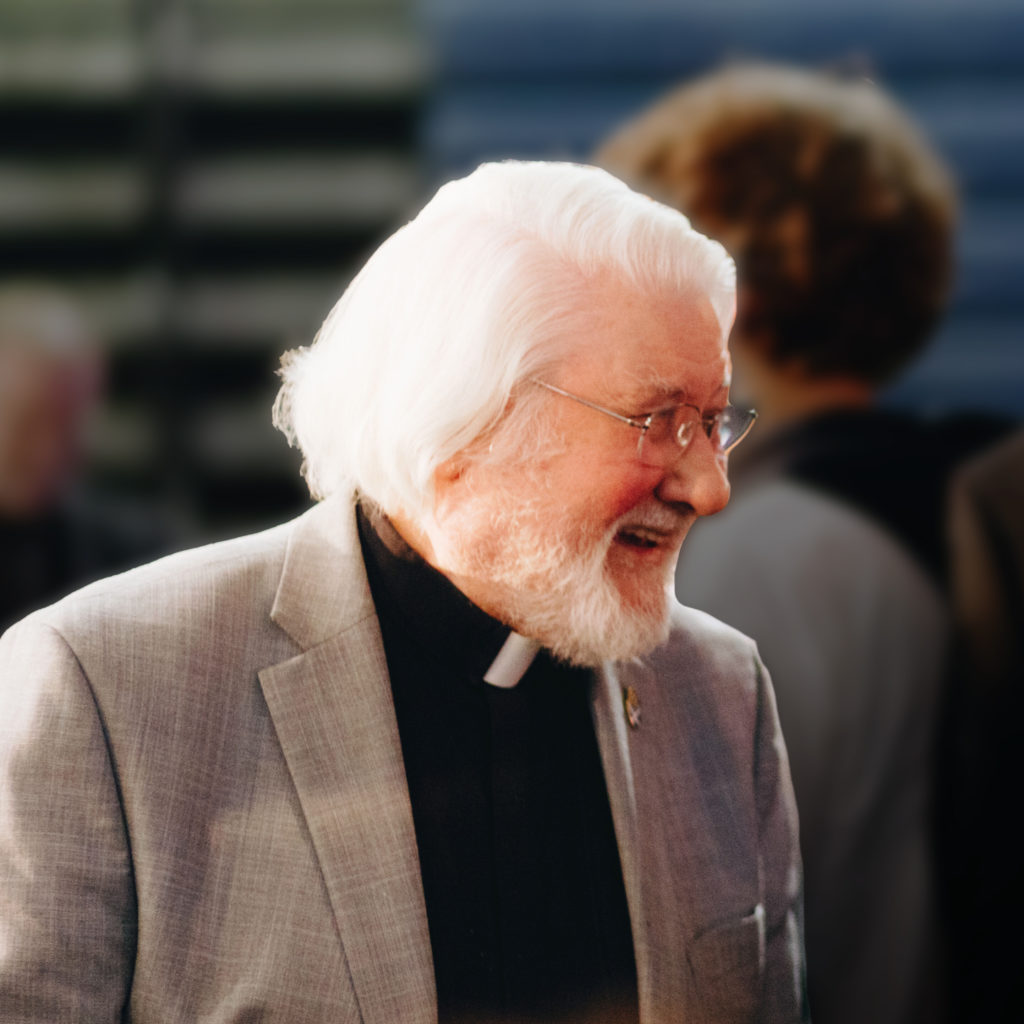Dear Colleagues,
When I was instituted as Priest in Charge of St. Barnabas Church in Gilmerton, Edinburgh in 1967 the Bishop, using the form prescribed in the Scottish Prayer of the time, said: “Receive this cure of souls which is both mine and thine.” It occurs to me still that this simple statement by a bishop to a priest fully expresses the meaning of authority and accountability in ministry. Regardless of our title – Rector, Priest in Charge, Vicar, Curate or whatever else (I have actually only been a Rector twice in 55 years of ordained ministry – Good Shepherd, Richmond, and Resurrection, Sautee) we work within a framework of mutuality as to our ‘authority ‘ and, therefore, our accountability.
Our priesthood gives us a particular and often unique role within the family of God’s people. We are ‘authorised’ and therefore have authority to proclaim and interpret the Word of God, to preside at and administer the Sacraments of God’s grace, to pronounce in the name of Christ’s Church absolution, blessings, and words of consecration. We have a ‘canonical’ (legal) position of leadership and management within the community of faith which carries with it a certain kind of authority in church governance.
But with all of this said we do not hold our various kinds of authority in isolation. In all cases, we have been entrusted with a role and responsibility which derives from the larger community of the church. We have been ‘ordered’ – commissioned – by a bishop who represents the apostolic ministry of the whole church and who him/herself remains within a larger community of shared ministry. I believe it is no accident that bishops are ordained by numerous other bishops and not by a single presider or ‘ arch..’ Bishops hold their authority within a larger fellowship and are ordained by the authority of both clergy and laity – just as are both priests and deacons.What this all means, within the day to day life and work of those of us who are ordained, is that we are mutually accountable for that work and our behaviour in it not just to our bishop but to our colleagues and the people we serve. This is not merely a theological or liturgical principle – far less some theoretical form of church order. It is an ever-present reality as we go about our lives and work, sometimes visibly, sometimes invisibly.
My sense of how to live this way is to make maximum use of the support systems we have available to us – clericus groups, clergy support groups, mentors, chaplains, counselors, trusted peers and perhaps therapists. The bishop’s pastoral responsibility to us is both direct and indirect – but the means are there if we will use them.
I believe deeply that the work we do as priests and deacons is often incredibly complex and relationally challenging. It is often hard to maintain a healthy balance between authority and accountability. We need support and reassurance along with sound spiritual and moral guidance if we are to be faithful to the injunction -‘Receive the cure of souls which is both mine and thine.’ Remembering that the ultimate THINE is Christ Himself.
Prayers and Blessings
JOHN

